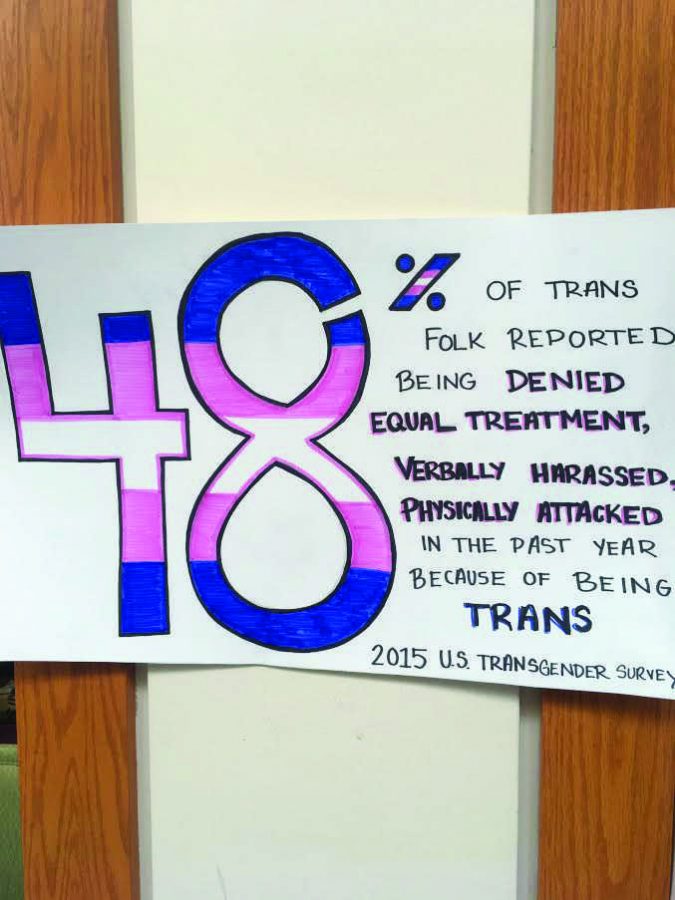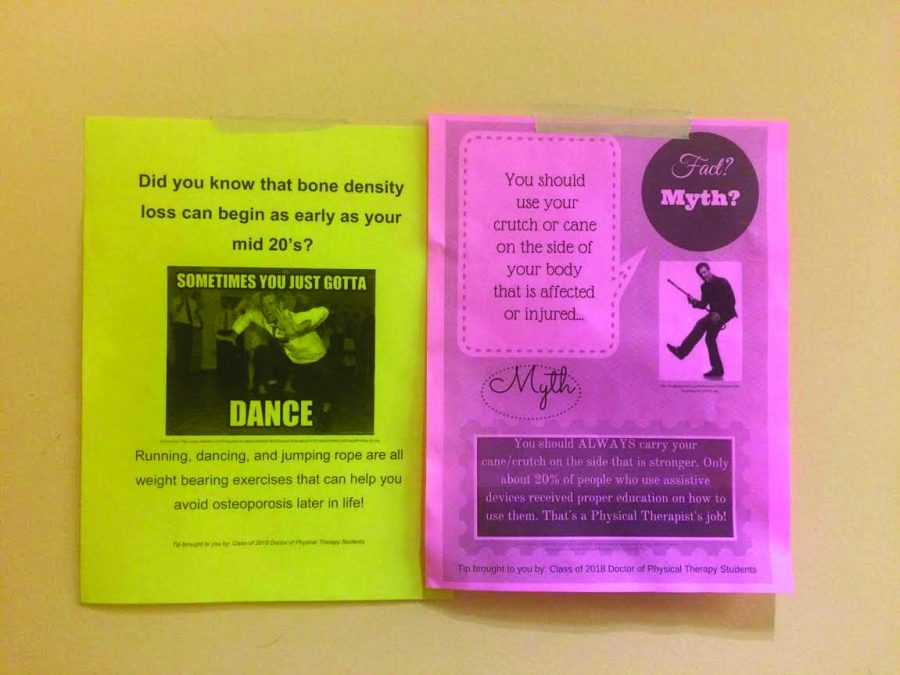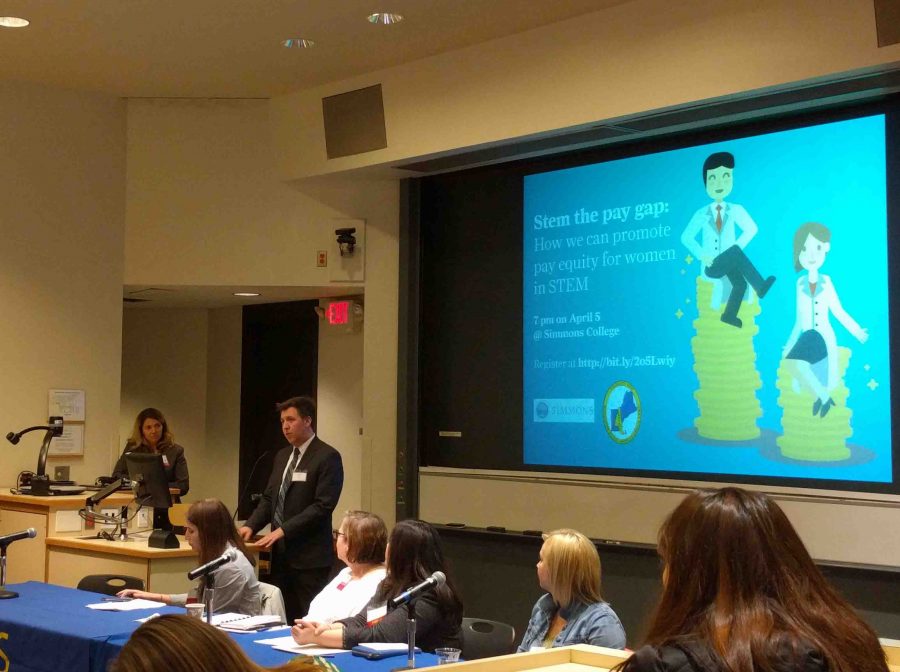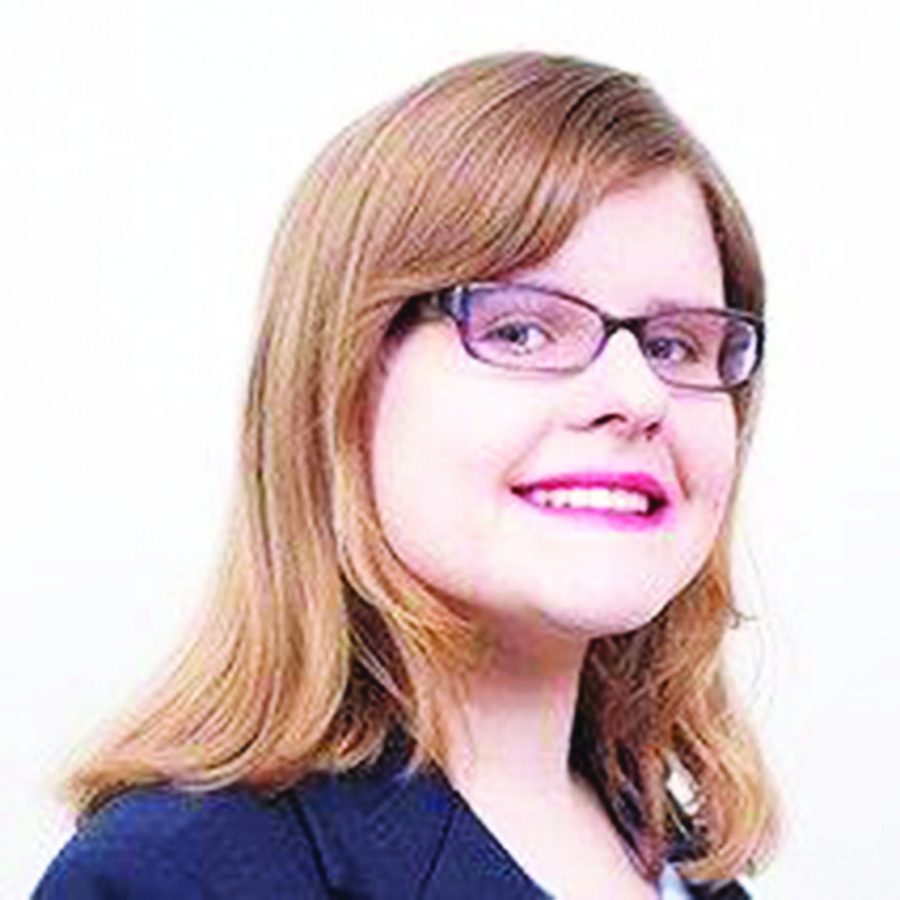By Philosophy students
Contributing Writers
We, the students who are majoring and minoring in philosophy here at Simmons, are collectively writing you to request you reconsider the way in which you have characterized Simmons as a “women’s college.”

We understand that Simmons is a special, historic place because it was founded as a women’s college. Similarly, we appreciate the special benefits that have been provided to us as students of this institution. We understand that Simmons is meant to be inclusive and that, as you explained in your email, “Simmons is proud to be an educational institution that strives to create a culture in which transgender and gender nonconforming students feel safe, supported, and fully included and are availed equal opportunities to education.”
However, the language in your email was contradictory to this point. Stating that we are a women’s college instead of a women-centered college and by claiming that all students self-identified as women when applying does not seem supportive to us. We want to ensure that all Simmons students feel as safe and as welcome here as the cisgendered students do, despite our classification as a historic women’s college.
The letter sent to students and faculty emphasized that we are a “women’s college” instead of a “women-centered college.” This sends the message that our cisgender female students are the primary focus of this institution, which ignores and delegitimizes the experiences and needs of trans and gender nonconforming students.
As philosophy students, we have studied many antiquated ideas and how the enforcement of those ideas affect many different kinds of people. While we are not yet authorities on philosophy, we believe that the implicit non-inclusive ideas in your address were antiquated.
Philosopher and economic politician, John Stuart Mill, argues in his work “On Liberty,” that “The only purpose for which power can be rightfully exercised over any member of a civilized community, against his will, is to prevent harm to others.”
As a community of Simmons philosophy students, we agree with Mill’s principle that it is wrong to go against the wishes of the wider Simmons community by continuing to call this a women’s college and not a women’s centered college because it does not prevent harm.
In fact, by making this statement, we feel that the rights, comfort, and safety of our trans and gender-nonconforming students are put in a tenuous situation. It is necessary that our chosen university—which stands so strongly for diversity and inclusivity—will strive for the progress, innovation, and leadership which our current federal government administration seems to stand against. Certain expressions of speech when the content is directed towards a group who presently experience heightened risk due to their identity can be interpreted as harmful.
In his book, “Normal Life,” author and activist Dean Spade writes about how systems of administration are used to suppress the voices and needs of trans and gender nonconforming individuals. You cite in your letter the history of Simmons as purely a women’s college and compare it to other schools that are facing similar issues. We feel that this—intentionally or not—uses bureaucracy to muddle the issue at hand.
Spade speaks to this: “Rather than understanding administrative systems merely as responsible for sorting and managing what ‘naturally’ exists, I argue that administrative systems that classify people actually invent and produce meaning for the categories they administer, and that those categories manage both the population and the distribution of security and vulnerability.”
By claiming we are a “women’s college while underscoring our continued protection and support for transgender and gender nonconforming students,” trans and gender nonconforming students are forcibly placed in the category of other, different, an exception to the rule.
In conclusion, we as the students in the philosophy program at Simmons College are seeking a clarification that we are indeed a women’s centered college. Furthermore, we want to ensure that we can continue to have an open dialogue with more inclusive language when discussing issues of identity. We would like to call attention to the lack of understanding of diversity we see in our university’s administration and encourage you to bridge this gap of knowledge and support. We ask that you re-evaluate the philosophy of Simmons College on this issue and take action to understand the needs of your students.
Sincerely,
Audrey Fayad, Lydia Kusik, Zoe Lefkowitz, Raelissa Glennon-Zukoff, Kaydee Donohoo, Sarah Patrick, and Micaela Maloof




















